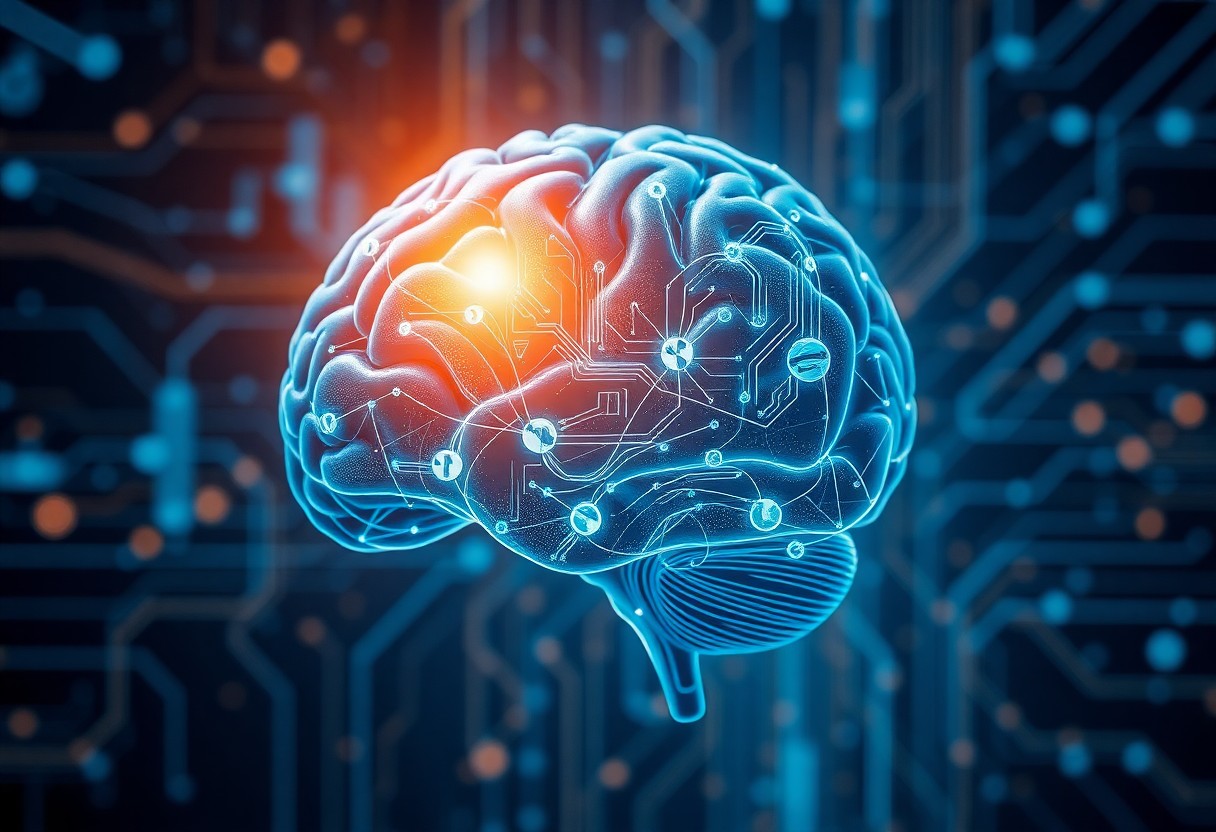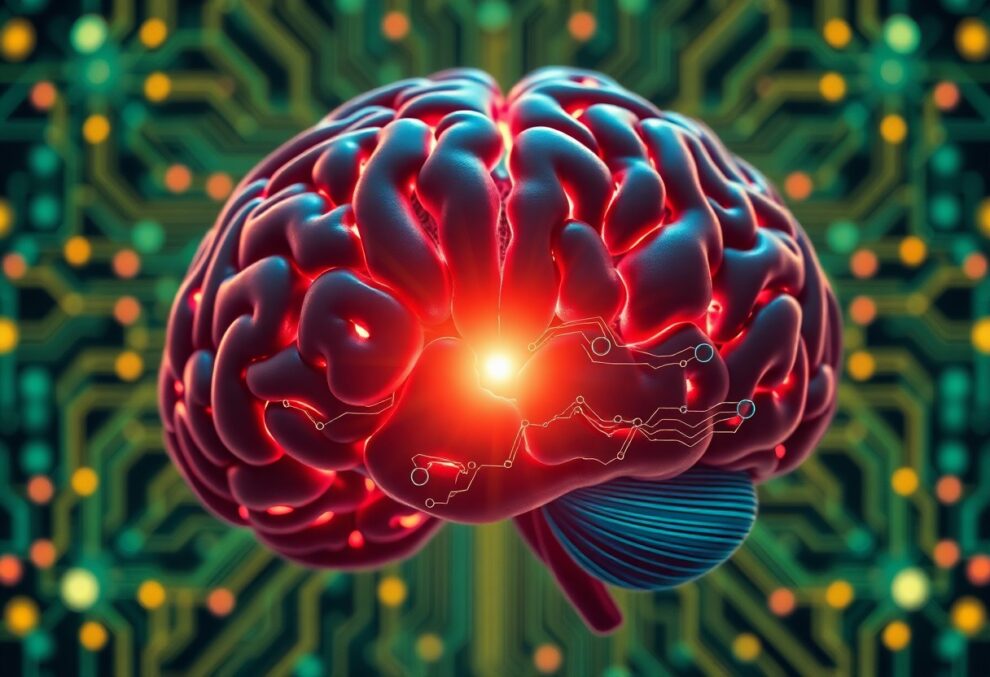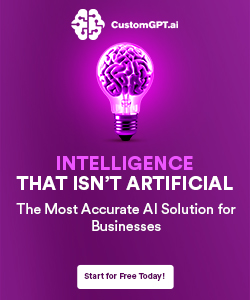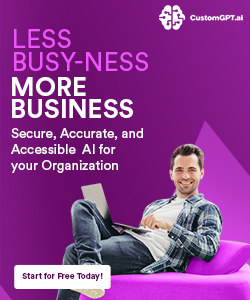You may find yourself pondering the relationship between human intelligence and artificial cognition as technology continues to evolve. The quest for a harmonious integration of these two forms of intelligence raises questions about their respective capabilities and limitations. In this post, we will explore the potential for synergy between human cognitive abilities and artificial systems, examining the benefits and challenges of creating a cohesive environment where both can thrive together. Ultimately, understanding this relationship might empower you to navigate a future increasingly shaped by artificial intelligence.
Understanding Human Intelligence
While human intelligence encompasses cognitive abilities such as problem-solving, reasoning, and learning, it also integrates emotional and social dimensions, making it a complex and multifaceted trait. Your intelligence is shaped by experiences, environment, and biology, enabling you to adapt and thrive in diverse situations.
Definition and Characteristics
At its core, human intelligence refers to the capacity to acquire and apply knowledge. Key characteristics include adaptability, creativity, and the ability to understand intricate frameworks, highlighting the unique interplay between logic and emotional insight in your decision-making processes.
The Role of Emotions and Intuition
Definition human intelligence also emphasizes the influence of emotions and intuition on your cognitive processes. These elements enrich your understanding and interactions, contributing to your ability to navigate social dynamics and make decisions that are reflective of both logical reasoning and personal values.
Consequently, emotions and intuition serve as vital components that often guide your actions and choices. They allow you to tap into deeper insights that pure logic may overlook. In challenging situations, your ability to integrate emotional intelligence with rational thought can lead to more nuanced and effective outcomes, reinforcing the idea that human intelligence is not merely about cognitive skills but also about understanding and managing feelings. This holistic view positions you to engage more meaningfully with both your environment and the evolving landscape of artificial cognition.
Overview of Artificial Cognition
One of the most fascinating fields of study today is artificial cognition, which refers to the ability of machines to simulate human-like thinking processes. This involves reasoning, learning, and adapting, much like you would with your own cognitive functions. By understanding artificial cognition, you can better appreciate how it influences various sectors, enhancing efficiencies and creating novel solutions in your daily life.
Types of Artificial Intelligence
One way to comprehend artificial intelligence is by categorizing it into different types:
- Reactive Machines
- Limited Memory
- Theory of Mind
- Self-aware AI
Thou should consider these classifications as they represent the developmental stages and capabilities of AI systems.
| Type of AI | Description |
|---|---|
| Reactive Machines | Responds to specific stimuli without memory. |
| Limited Memory | Learns from historical data, improving as new data is introduced. |
| Theory of Mind | Can understand emotions and beliefs, still a developing concept. |
| Self-aware AI | Theoretical AI that possesses self-awareness and consciousness. |
Limitations and Capabilities
Along with its advanced capabilities, artificial intelligence has notable limitations that you should be aware of. For instance, while AI can process massive data sets quickly, it often lacks emotional intelligence and the nuanced understanding of human experiences. These constraints can lead to misunderstandings and misapplications in areas requiring empathy.
Artificial intelligence systems excel at data analysis, pattern recognition, and optimizing tasks, yet they struggle with tasks requiring critical contextual awareness. Your unique cognitive abilities, encompassing intuition and emotional insights, remain unrivaled by current AI. Understanding these limitations and capabilities can help you make informed decisions about integrating AI into your life and work.
The Synergy Between Human and Artificial Intelligence
Some experts believe that the fusion of human intelligence and artificial cognition can lead to unprecedented advancements. This collaboration allows for the pooling of human creativity and emotional depth with the analytical prowess of AI. By combining both strengths, you can enhance problem-solving capabilities and innovate in fields ranging from healthcare to engineering, ultimately resulting in solutions that neither could achieve alone.
Collaborative Potential
Above all, the collaborative potential between you and artificial intelligence lies in the capability to approach challenges from multiple angles. When you integrate your intuitive judgment with AI’s data-driven insights, the outcome is a more comprehensive understanding of complex issues. This synergy allows you to leverage technology while retaining the critical thinking that only you can provide.
Enhancing Decision-Making Processes
Intelligence in decision-making is amplified when you merge human expertise with artificial systems. This partnership enables you to harness vast datasets and predictive analytics, resulting in informed choices that reflect both empirical evidence and human values.
A key advantage of enhancing decision-making processes with AI is the ability to analyze information at incredible speeds. When confronted with large volumes of data, artificial intelligence can identify patterns and trends that may go unnoticed by you alone. By presenting these insights, AI helps you make decisions backed by data while allowing you to apply your unique perspective on the matter. This informed approach not only speeds up the decision-making process but also increases your confidence in the outcomes, ensuring a more effective blend of intuition and analytical reasoning.
Ethical Considerations
Unlike traditional technologies, the integration of human intelligence and artificial cognition raises complex ethical dilemmas that require careful contemplation. You must consider issues like data privacy, accountability, and the potential for biased algorithms to affect decision-making. Ensuring that ethical frameworks are in place will be vital for fostering trust and guiding the development of these technologies in a responsible manner.
Moral Implications of Integration
To fully understand the ramifications of merging human and artificial intelligence, you need to explore the moral implications this integration presents. You may face scenarios where AI systems make decisions that impact human lives, raising questions about the personhood, rights, and responsibilities of these systems. Balancing these moral considerations will be vital to a successful coexistence.
Safeguarding Human Autonomy
Below the ethical surface lies the need to safeguard your autonomy in the age of AI. You should be aware of how AI may influence your choices and behaviors, potentially leading to scenarios of manipulation or subservience. By prioritizing human autonomy, you can advocate for a future where technology enhances, rather than undermines, your ability to make independent choices.
Also, acknowledging and addressing the potential erosion of autonomy is paramount as AI systems continue to evolve. You may encounter technologies that predict your preferences or behaviors, which, while convenient, can inadvertently reduce your freedom to choose. To strike a balance, it is vital to establish guidelines that ensure AI augmentations respect human agency and allow for informed, voluntary decision-making. Your role in advocating for these principles will help shape a future where human autonomy remains a priority alongside technological advancements.
Case Studies in Harmonization
To illustrate the potential of harmonizing human intelligence with artificial cognition, consider these notable case studies:
- 1. IBM’s Watson in Medical Diagnosis: Achieved a 90% accuracy rate in diagnosing rare diseases.
- 2. Google’s DeepMind and Healthcare: Reduced eye disease patient referrals by 50% through predictive analysis.
- 3. The collaboration between the European Space Agency and AI: Improved mission planning efficiency by 40%.
- 4. OpenAI’s GPT-3 for content creation: Increased productivity for marketing agencies by 30%.
Successful Integrations
Among the successful integrations, the partnership between IBM’s Watson and oncologists exemplifies how AI can enhance decision-making in healthcare. Watson’s ability to analyze vast medical data assists doctors in developing personalized treatment plans, showcasing the synergy between human expertise and machine learning.
Lessons Learned
Integrations reveal valuable lessons about managing the interplay between human and artificial agents. For example, AI must augment human action rather than replace it, ensuring that ethical standards and human judgment are prioritized alongside technological advancements.
At times, these projects highlight the importance of continuous feedback loops and user engagement in AI development. You need to understand that successful harmonization requires adaptability, as both human capabilities and AI technologies evolve. This ensures that systems remain relevant and effective while promoting collaboration, ultimately leading to more informed decision-making processes and improved outcomes across various fields.

Future Directions
All indications suggest that the future of harmonizing human intelligence with artificial cognition lies in ongoing research and innovative practices. As technology advances, you may witness a gradual integration of human-centric AI solutions that support and enhance your decision-making processes. This collaborative landscape will not only redefine our understanding of intelligence but also shape the way you interact with machines, leading to transformative experiences in various fields.
Evolving Technologies
About the evolving landscape of technology, new advancements in machine learning and cognitive computing are paving the way for more personalized and adaptive systems. As these technologies develop, you will find that they can understand your preferences better, ultimately resulting in more intuitive interactions that cater to your unique needs.
Prospective Collaborations
By seeking out prospective collaborations between artificial intelligence experts and human skill practitioners, you can foster an environment of innovation. This cooperation ensures that AI systems remain aligned with human values and cultural nuances, enriching both domains.
And as you consider the benefits of these collaborations, think about how they can lead to the development of ethical AI frameworks that enhance your experiences. By involving diverse disciplines, you can contribute to a more inclusive approach that prioritizes your needs while leveraging AI’s strengths. Interdisciplinary partnerships will not only create more reliable systems but will also bridge the gap between technology and human understanding, resulting in a future where both can thrive together.
To wrap up
With these considerations, you can see that harmonizing human intelligence with artificial cognition is not just a theoretical concept but a practical possibility. By understanding the strengths and limitations of both modalities, you can actively engage in creating a synergistic relationship that enhances problem-solving and decision-making processes. Embracing collaboration with AI can lead to innovative solutions and improved outcomes, encouraging you to leverage technology as a tool for amplifying your own cognitive capabilities. This journey requires openness and adaptability, but the potential rewards are tremendous.
FAQ
Q: What does it mean to harmonize human intelligence with artificial cognition?
A: Harmonizing human intelligence with artificial cognition involves creating a collaborative relationship between human thought processes and artificial intelligence systems. This means designing AI tools that not only enhance human capabilities but also align with human values, decision-making styles, and emotional intelligence. The goal is to develop a synergistic interaction where both human and artificial agents can learn from each other and optimize outcomes in various domains such as healthcare, education, and problem-solving.
Q: What are the potential benefits of harmonizing human intelligence with artificial cognition?
A: The benefits of harmonizing human intelligence with artificial cognition include improved decision-making capabilities, enhanced creativity, and more efficient processes across numerous sectors. By leveraging AI for data analysis, pattern recognition, and predictive modeling, humans can focus on strategic thinking and emotional nuance—areas where they excel. Such collaboration can lead to innovative solutions to complex challenges, increased productivity, and a more personalized experience in services, such as healthcare and customer support.
Q: What challenges might arise in achieving harmony between human intelligence and artificial cognition?
A: Achieving harmony between human intelligence and artificial cognition can pose several challenges, including ethical concerns regarding AI behavior, data privacy issues, and resistance to change among individuals or organizations. Ensuring that AI systems are transparent and explainable is important for gaining trust, while also being mindful of potential biases in AI algorithms. Additionally, there is a need for ongoing education and training to help humans adapt to and effectively collaborate with AI, fostering an environment where each can contribute their strengths.










